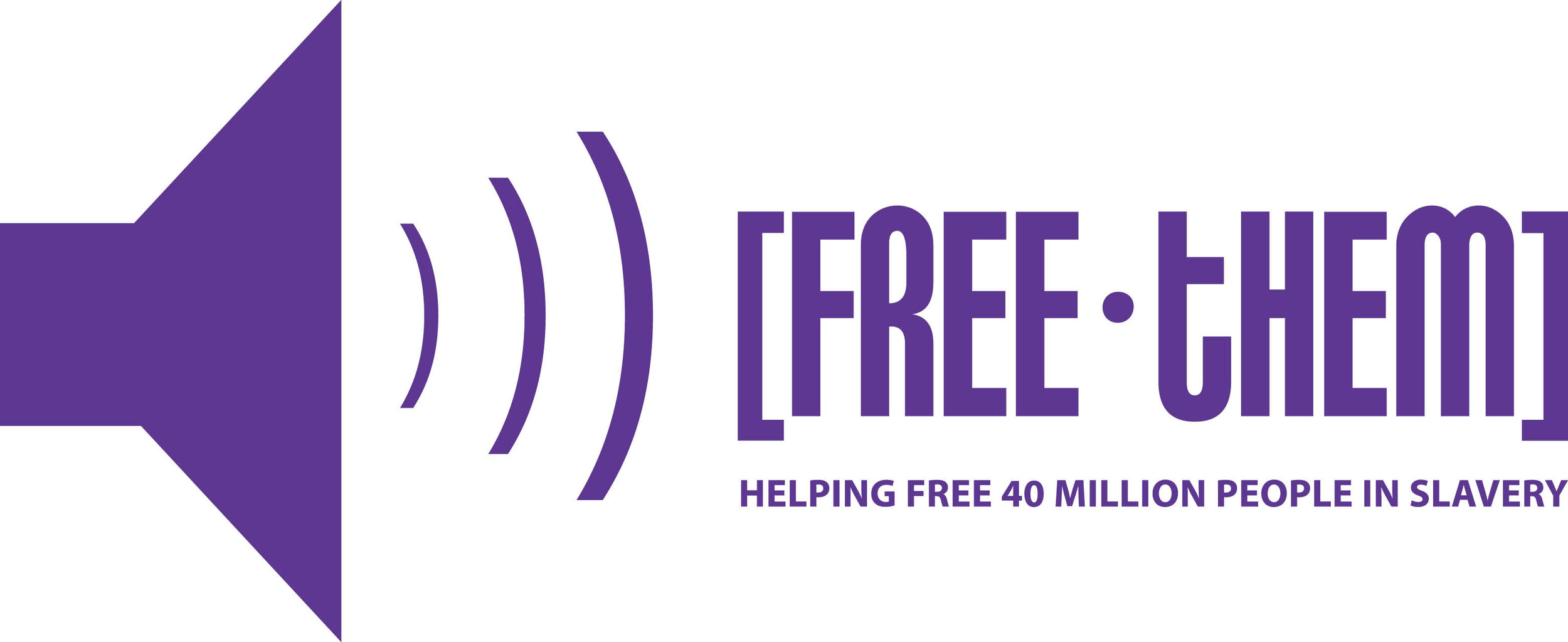Understanding the Intoxication/Automatism Defence in Canada
In early June 2020, there was outrage as headlines appeared saying that “Intoxication was a Defence for Sexual Assault”. The outpouring of disgust on social media was prominent and loud. Women and men who had experienced sexual assault and those who are passionate about the laws surrounding this issue spoke up. I decided to take a look at the conversation and see what I could unpack.
The Defence Is Widely Misleading
The legal community believes this ruling does not open the door for sexual predators. It is widely understood that this defence is extremely difficult, some say impossible, to use in a sexual assault case. To invoke the Intoxication defence, you have to have credible witnesses (often licensed medical Doctors) proving the accused entered into an involuntary state of automatism. The Canadian Encyclopedia describes automatism as “an unconscious, involuntary behaviour.”
The National Post reports, “Cara Zwibel, a director with the Canadian Civil Liberties Association, said the decision clarified the legal situation around the use of the intoxication defence. While she sympathized with concerns the ruling would undermine protections for sexual assault victims, she said they were overblown. “I don’t see it as seriously undermining the rights of victims,” Zwibel said. “This is a rarely used provision; it’s not this widespread, systemic concern.” Read the full article here.
It is irresponsible reporting not to convey all the facts connected to this defence. In the recent cases of Chan and Sullivan, neither involved alcohol or sexual assault, so neither could be cited in reference in a sexual assault case in the future.
Criminal Code 33.1
The criminal code 33.1 defence outlines that intoxication or automatism alone is not a defence. The accused must also lack prior intent or voluntariness to commit an act causing bodily harm due to an illness known or unknown. It often refers to the state of automatism as the state when an individual does not know what they are doing as their body is acting independently of their mind.
Even with the Intoxication/ Automatism defence, all criminal cases must prove beyond a reasonable doubt that there was no immediate or prior intent to harm. Many in the legal profession have commented that the criminal code 33.1 defence is rarely used and extremely hard to prove.
Even with the Intoxication/ Automatism defence, all criminal cases must prove beyond a reasonable doubt that there was no immediate or prior intent to harm. Many in the legal profession have commented that the criminal code 33.1 defence is rarely used and extremely hard to prove.
Recent Ontario Cases to Claim this Defence
The revival of this law in the news was due to two recent Ontario cases:
A high school student, Thomas Chan, who fatally stabbed his father after taking psychedelic mushrooms, which rendered him in a state of automatism, thus allowing him to use the defence. It is believed that Chan may have had a prior undiagnosed brain injury that wholly altered his state so drastically it was reported when witnessed by police.
The case of David Sullivan, who attacked his mother, thinking she was an alien, after overdosing on his prescription drugs in an attempt to commit suicide. This behaviour was considered to be a case of automatism as the medication lists psychotic episodes as a side-effect.
In Appeals Court, based on the criminal code 33.1 defence, Chan was ordered to stand trial, and Sullivan was acquitted. As the law makes its way back into the news, it has been interpreted as a setback for sexual assault victims and a dangerous opening for sexual abusers in defence of their despicable actions.
The Problem With this Defence for All Victims
The Crown will argue at the Supreme Court of Canada that the defence is a violation under the Charter of Rights and Freedoms for the victims. All citizens have the right to safety, and this defence violates that right; thus, it is thought to be unconstitutional.
This law and these cases are controversial and will heed much discussion. The result is yet to be determined.
If you are or believe you have identified someone in a trafficking situation, you can take action. Call 911 immediately to notify local law enforcement. You may also call the human trafficking hotlines in Canada and the United States by dialling the numbers below. Both hotlines are open 24/7/365 days of the year and provide services in over 200 languages.
Canadian Human Trafficking Hotline
1-833-900-1010
United States Trafficking Hotline
1-888-373-7888


